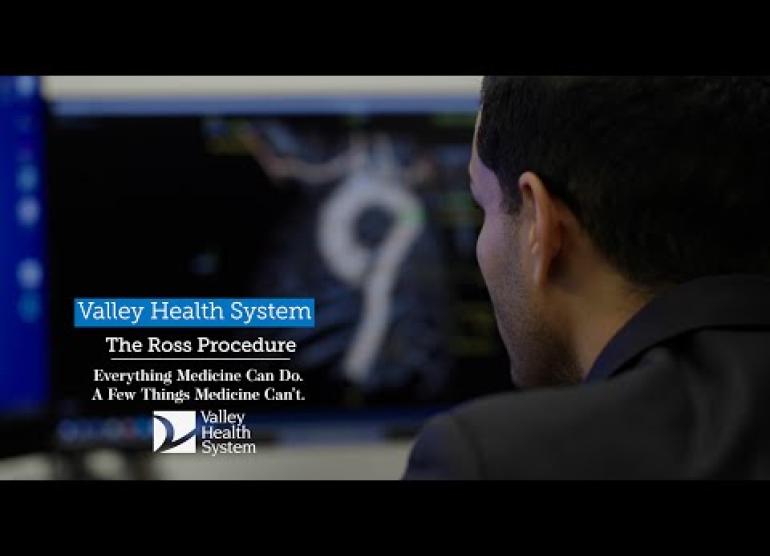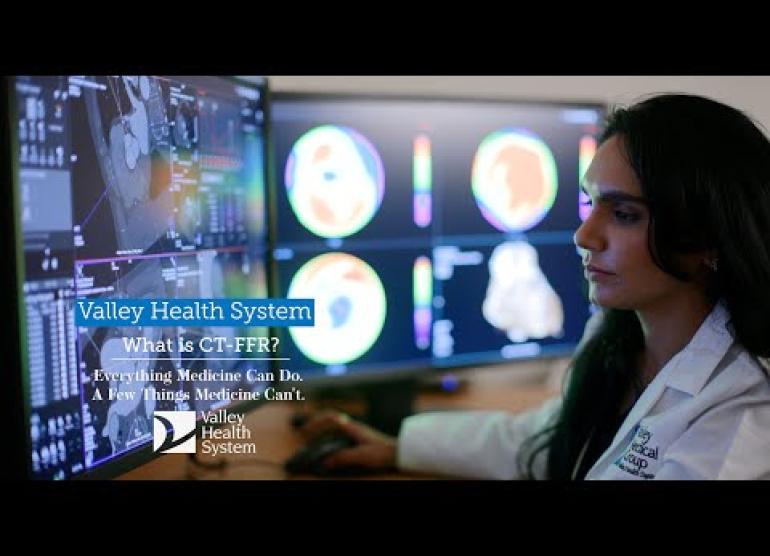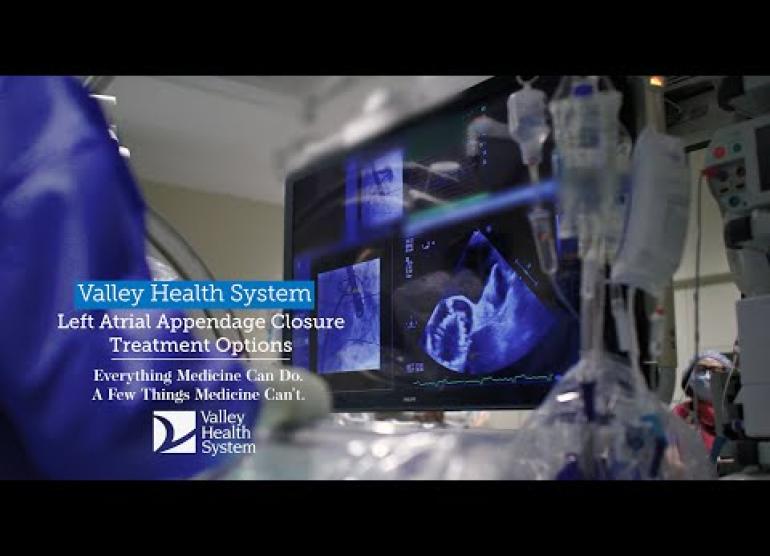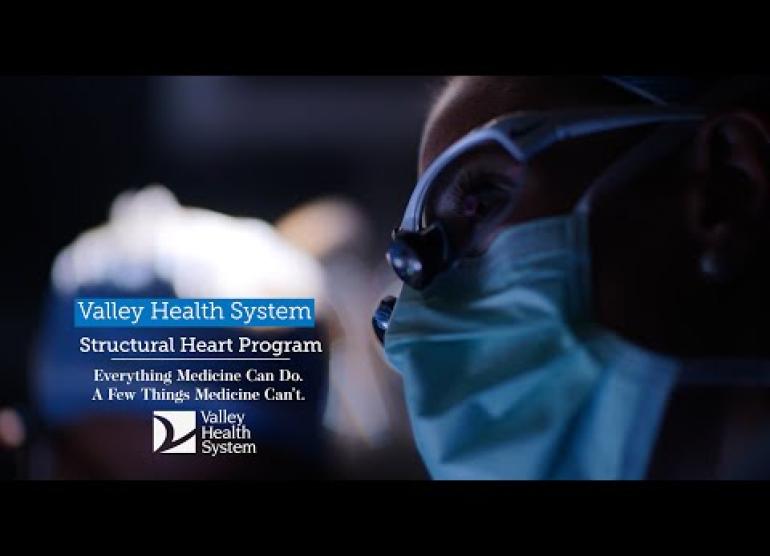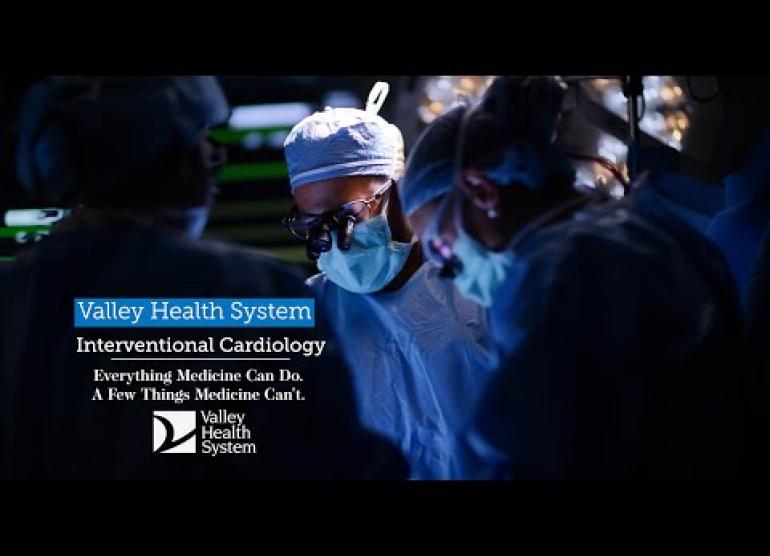
September is National Atrial Fibrillation Month. According to the Centers for Disease Control and Prevention, atrial fibrillation (AFib) is the most common type of irregular heart rhythm, also known as arrhythmia.
What is Atrial Fibrillation?
AFib disrupts your heart’s regular rhythm of electrical signals, which control your heartbeat. This causes the upper two chambers of your heart (atria) to quiver, beating very quickly and irregularly. In turn, your lower two chambers beat faster than normal, too.
When you’re in AFib, your heart isn’t working as efficiently as it should, which can lead to blood clots, stroke, heart failure, and chronic fatigue.
What Are the Symptoms of Atrial Fibrillation?
Whether or not you experience AFib symptoms depends on how fast your heart is beating. Symptoms may come and go in a matter of hours, or they may persist for longer periods. Signs of AFib include:
- Heart palpitations (the sensation of a racing, fluttering, or pounding heartbeat)
- Weakness
- Fatigue
- Lightheadedness
- Shortness of breath
- Angina (chest pain)
Talk to your cardiologist or primary care provider if you’re having symptoms of AFib. If they suspect you have AFib, they will refer you to an electrophysiologist, a cardiologist who specializes in treating heart rhythm disorders.
How Can Valley’s Electrophysiology Team Help?
At Valley, our electrophysiology team focuses on restoring your heart to its regular rhythm and preventing further heart complications. The team continuously says at the forefront of AFib care, adapting to new advancements to enhance patient safety and outcomes. Valley’s electrophysiologists are committed to adopting, implementing, and embracing the latest treatment techniques.
Our team will work with each patient to develop a personalized treatment plan, customized to meet their needs. Treatments may include medication, device therapy, or noninvasive procedures.
One of these advanced techniques is pulsed field ablation (PFA). Valley uses the Medtronic PulseSelectTM Pulsed Field Ablation System, the Medtronic AfferaTM Pulsed Field Ablation System, or the Boston Scientific FaraPulseTM Pulsed Field Ablation System, which allows for each patient to receive personalized care that is tailored to their clinical needs. PFA is an alternative to traditional thermal ablation techniques. PFA delivers precise pulsed electric fields through an ablation catheter designed specifically to interrupt irregular electrical pathways in the heart that trigger AFib. This technique efficiently isolates pulmonary veins, resulting in a lower risk of collateral tissue being impacted during treatment.
Learn More About Atrial Fibrillation
For more information about atrial fibrillation care at Valley, please visit ValleyHealth.com/AFib.











